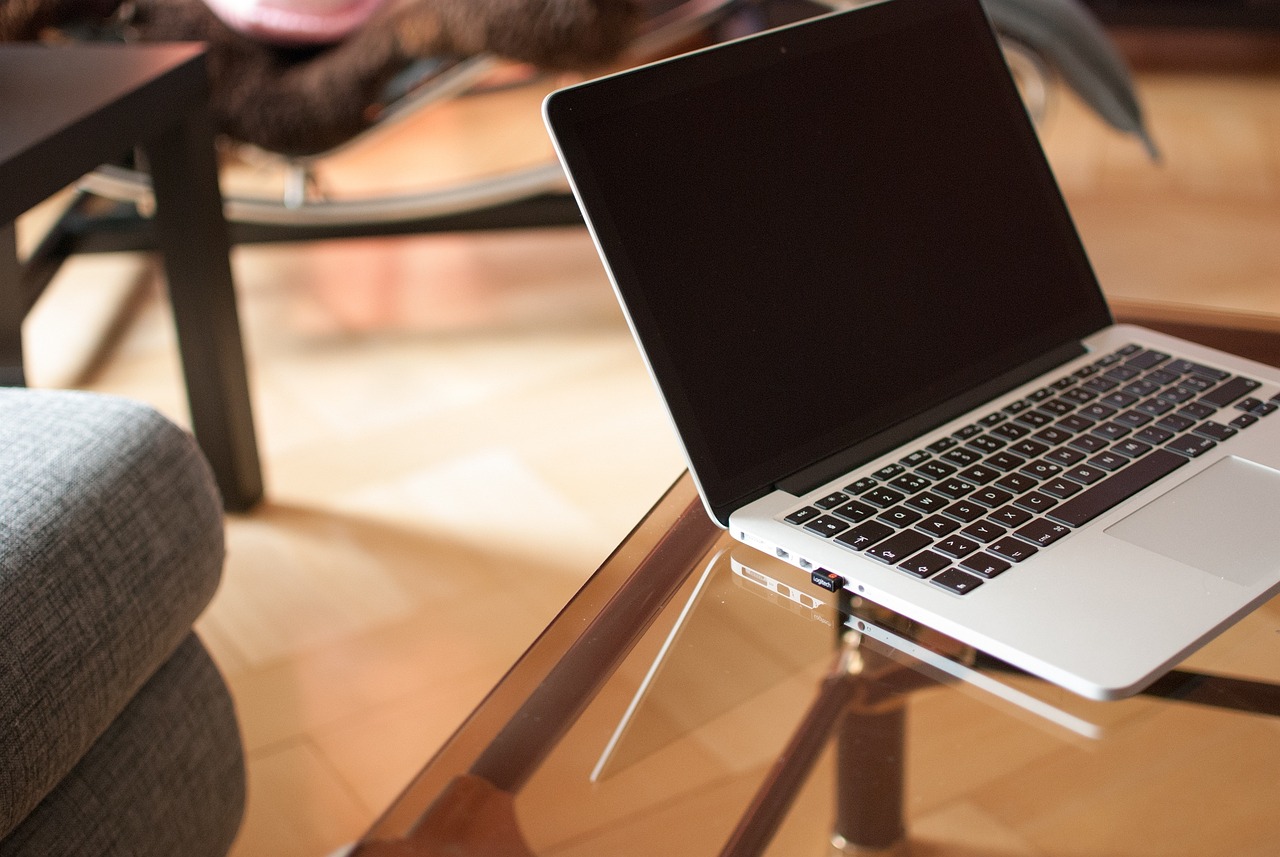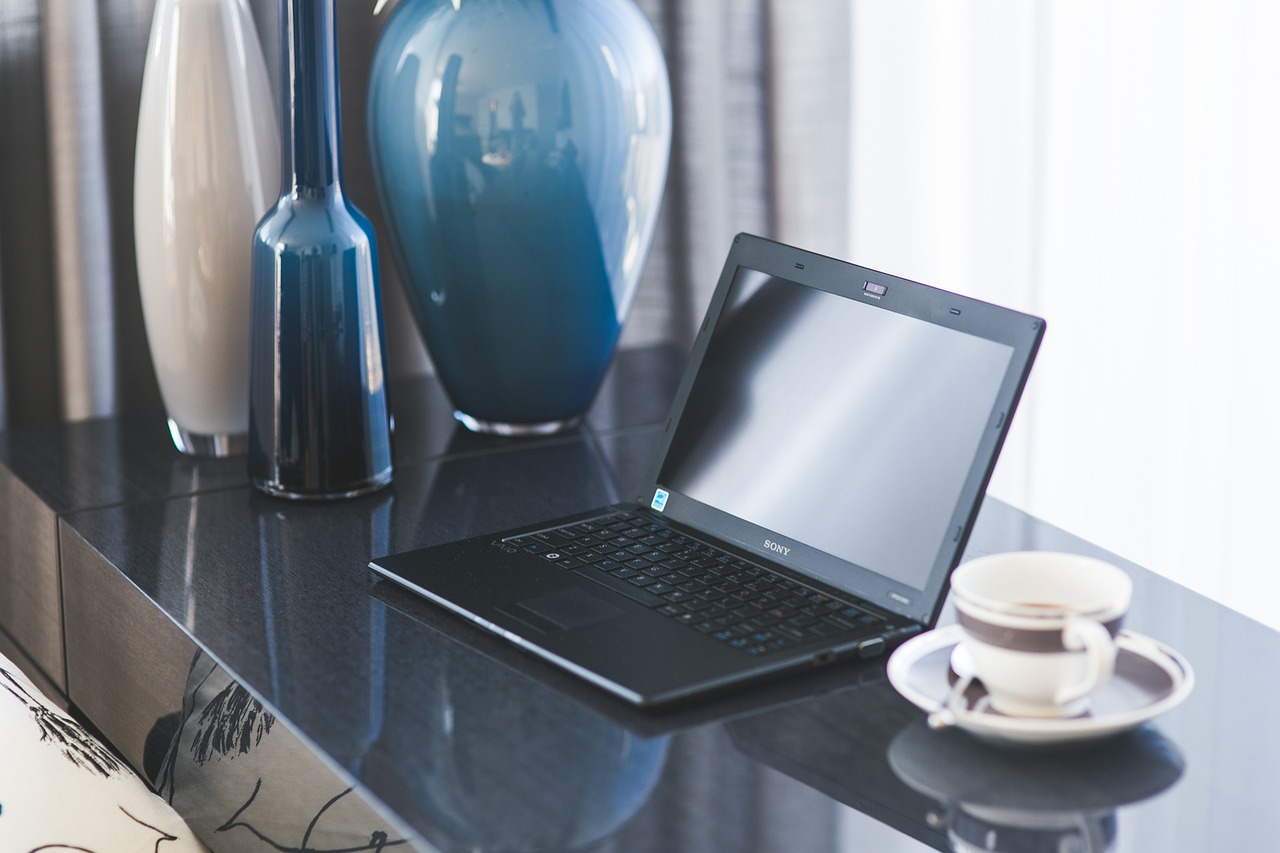In the modern tech landscape, the relevance of laptops has surged, offering flexibility and freedom that tethered desktops simply cannot match. Portability, space-saving designs, and the convergence of power and mobility are attributes that have positioned laptops as the go-to choice for a broad range of users—from busy professionals to students. While desktops have their place in power-intensive settings, laptops have closed the performance gap significantly, making them not only competitive but also the preferred choice for many. This article explores the key advantages of laptops that contribute to their widespread appeal and why they are often considered better than desktops for everyday computing needs.
Portability: Computing On the Go
Take Your Work Anywhere
The most compelling argument for laptops over desktops is their portability. Laptops free users from the confines of a fixed workspace, allowing them to carry their entire computer with them, whether to a café, on a plane, or to a business meeting. This portability proves invaluable for people who travel frequently or prefer the flexibility to work from varied locations. The ability to be productive at any time and place is a significant advantage that lends laptops a considerable edge over their stationary counterparts.
Meeting Modern Lifestyle Demands
Today’s fast-paced lifestyle demands technology that can keep up with constant movement and the need for immediate access to information and tools. Laptops meet this demand by enabling a seamless transition between work and personal life, allowing users to access their documents, emails, and entertainment on a single device that is always at hand. With the advent of lightweight ultrabooks and compact 2-in-1 devices, this mobility has only been enhanced, making laptops more versatile and adaptable to a range of situations and environments.

Space Efficiency: Clutter-Free Living
Minimalist Setups and Decluttered Spaces
Another significant advantage of laptops is their space efficiency. In contrast to desktops, which require dedicated space for the tower, monitor, keyboard, and mouse, laptops consolidate all these components into one sleek, compact machine. This integration is perfect for small offices, co-working spaces, and home environments where space is at a premium. Laptops support a minimalist approach to computing, reducing physical clutter and contributing to a cleaner, more organized workspace.
Instant Setup and Teardown
Laptops also excel in situations where a quick setup is required. They can be operational in seconds—simply open the lid, press the power button, and you’re ready to go. This ease of setup and the equally swift teardown process make laptops ideal for individuals who need to establish a temporary workspace quickly or for those who prefer not to have a permanent computer setup occupying their living space.

Battery-Powered Productivity
Uninterrupted Use During Power Outages or In Transit
One of the unique strengths of laptops is their built-in battery, which allows for use even when there’s no power outlet available. Whether you’re dealing with a power outage or are in transit, the battery ensures continuity of your work or entertainment. This autonomy is particularly crucial for those working in the field or for students who may not always have access to power sources while on campus.
Freedom from Power Cords and Outlet Dependency
The ability to operate independently of a power cord gives laptop users unparalleled freedom. No longer tethered to the nearest outlet, users can work in a variety of settings, be it a park bench, a library, or a coffee shop patio. This liberation from outlet dependency not only enhances convenience but also promotes a change of scenery, which can boost creativity and reduce the monotony often associated with long hours at a desk.

All-in-One Convenience and Cost Savings
Integrated Features and Accessories
Laptops offer an all-in-one computing experience, with most models coming equipped with built-in webcams, speakers, and microphones. These integrated features facilitate activities such as video conferencing, online classes, and multimedia consumption, without the need for additional peripherals. Moreover, the touchpad serves as a mouse replacement, and the keyboard is part of the laptop’s body, contributing to the device’s self-contained nature.
Reduced Need for Peripheral Devices and Cables
Beyond the convenience of having everything you need in one package, laptops can also lead to cost savings by reducing the need for separate peripheral devices and cables. With fewer components to purchase, maintain, and eventually upgrade, users can save money in the long term. Additionally, the absence of extra cables minimizes wear and tear on ports and connectors, potentially prolonging the life of the device.

Ease of Collaboration and Modern Connectivity
Effortless Sharing and Collaboration
Laptops excel in collaborative settings, thanks to their ease of transport and the prevalence of wireless technology. Group projects, client presentations, and impromptu meetings benefit from the ability to quickly share a single screen or pass a laptop around the table. With modern laptops equipped with the latest WiFi and Bluetooth standards, users can effortlessly connect to a variety of devices and networks, facilitating file sharing, screen casting, and seamless communication, whether within an office environment or in remote and hybrid work scenarios.
Advanced Ports and Expandability
While it’s true that desktops offer extensive internal expansion options, laptops are not far behind when it comes to connectivity. Many laptops now feature advanced ports like USB-C and Thunderbolt, which support power delivery, high-speed data transfer, and external displays all through a single connection. For users who need more than the onboard capabilities, docking stations and port replicators expand a laptop’s connectivity, effectively transforming it into a powerful workstation that rivals desktop setups, with the added benefit of being able to disconnect and go mobile within moments.

Sustainability and Technological Advances
Reduced Energy Consumption
Laptops are designed to be power-efficient, not only to prolong battery life but also to reduce overall energy consumption. This efficiency translates into a greener computing solution for environmentally conscious users. The lower power requirement of laptops means they have a smaller carbon footprint compared to desktops, contributing to energy conservation efforts and lower electricity bills over time.
Laptops have carved out their place as the superior choice for many users due to their unmatched portability, space efficiency, battery-powered resilience, and all-in-one convenience. While desktops may still have an edge in certain specialized applications, the benefits of laptops align more closely with the dynamic and varied demands of modern life. From digital nomads to busy professionals, the laptop’s ability to adapt to numerous settings and situations makes it a versatile and compelling device. It provides not just a tool for productivity but also a symbol of the flexibility and freedom that define contemporary computing.